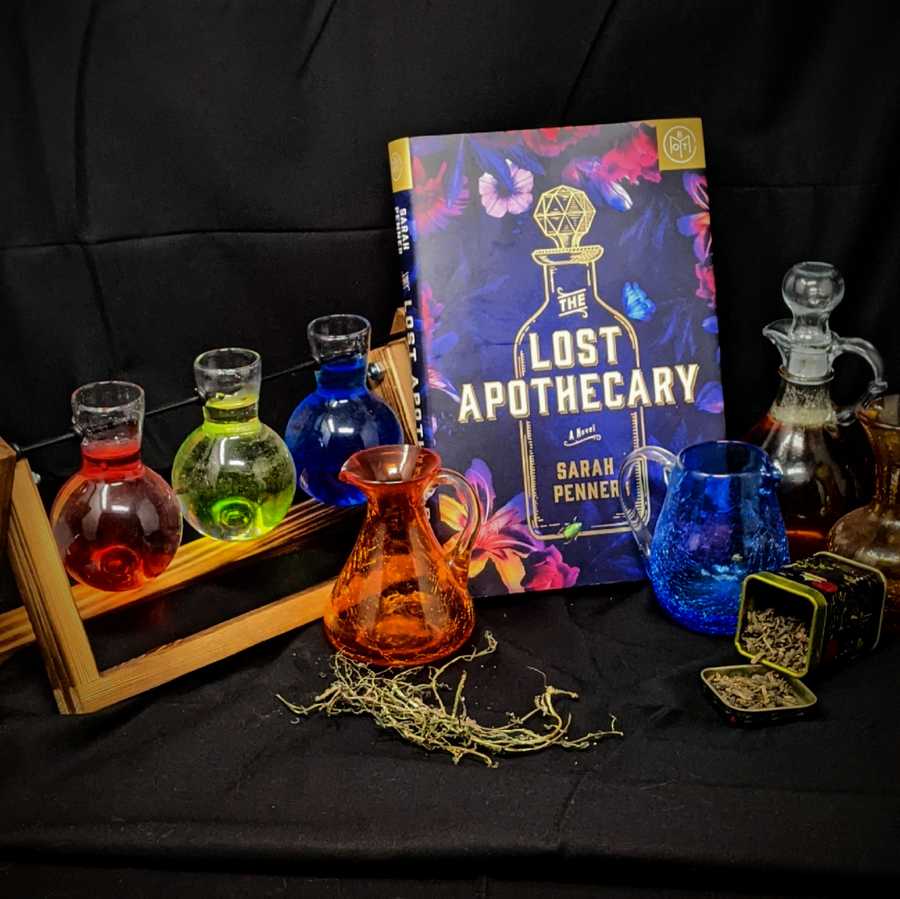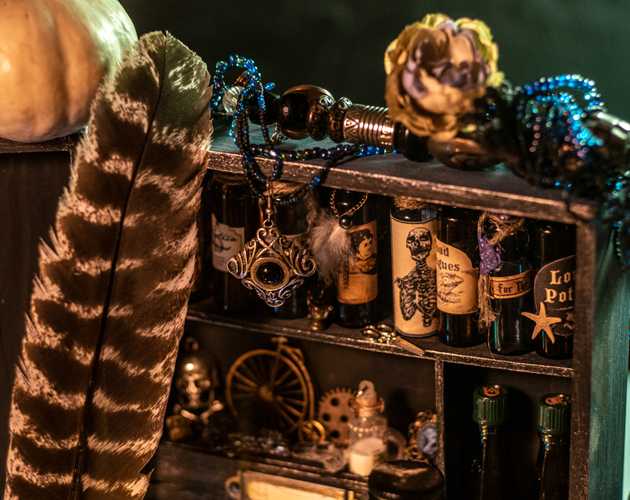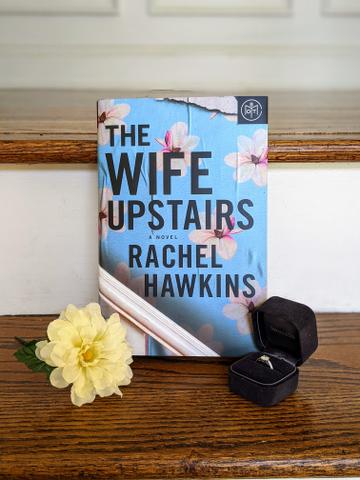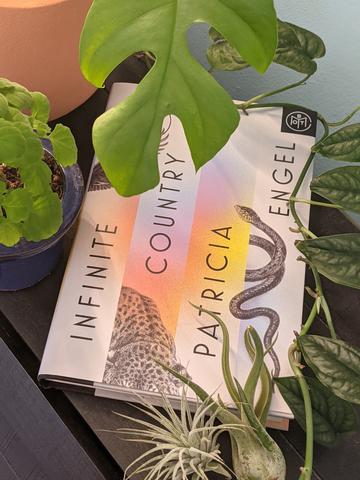Book Review: The Lost Apothecary

Posted: April 06, 2021
The Lost Apothecary takes place within two different time periods: 1790’s London and present day. In 1790’s London we meet Nella, a woman in her 40’s who, after suffering some trauma at the hands of a lover, has decided to turn her mother’s apothecary from a place of healing for women into a shop of poisons against men. Her shop becomes notorious amongst women seeking revenge, and when 12 year old Eliza shows up at her doorstep, it sets off a chain of events that forever changes both of their lives.
Meanwhile, in present-day London, a woman named Charlotte arrives on her 10-year anniversary trip alone. Her husband has just cheated on her, and she’s in the middle of some healthy self-reflection time when she unearths a small glass bottle from Nella’s apothecary. An enthusiastic student of history, Charlotte decides to use her time in London to find out what happened to the owner of that bottle, and we begin to unravel Nella and Eliza’s 200 year old story.

The language is easy to follow and sets up a story that is more slow-burn than thriller. The story is told from Nella, Eliza, and Charlotte’s points of view, and tends to switch around as soon as things begin to escalate. It was a fast read, in that way, especially as the pace picked up in the second half of the book. The book explores what it means to be a woman, and highlights ways that the feminist struggle has both changed and stayed the same. While Nella believes her registry is perhaps the only way commonplace women will be remembered, modern-day Charlotte is a student of history and is welcomed as a researcher and writer of history by another female colleague. Both Nella and Charlotte suffer from infidelity though, and grapple with their own struggles when it comes to motherhood.
Some of the other themes felt unclear, though. Maybe I can chalk it up to the marketing team missing the mark with how they advertised this book, but this is not a wicked little story of well-executed revenge, feminist champions, and morally grey decisions. Nella has a mission: to heal women, empower them with her poison, and record their names and deeds for the history books. But her customers don’t seem to have any sort of respect or care for Nella’s cause. Nella herself even admitted that she had no idea where her poisons ended up, and that anyone could just come in and lie to her about who they were being administered to. It was confusing, as a reader, to have characters fighting so hard to preserve things that even they weren’t sure had value.

At the same time in Charlotte’s timeline, there is a lot of stress placed on the negative impacts of secrets, and how only the truth will set things right. But then from chapter to chapter you see Caroline reversing her views on secret-keeping. She goes from stressing the importance of honesty within a relationship, to withholding important information again and again from the people around her, to declaring that only the truth would save her, and then right back to keeping secrets. I’m not sure what the lesson was to be learned here, and it really felt as though the author was trying to apply an additional lesson where we didn’t need one.
The plot is frustrating at times, as characters who otherwise seem to be intelligent make questionable decisions that only serve to escalate conflicts. A large amount of time was spent on characters worrying about situations that could easily be resolved, instead of just acting to resolve them.
Despite its flaws though, overall this was a book that I enjoyed for its historical value. I went in with little to no knowledge of mudlarking, herbal remedies/poisons, or 18th century London, and the author presented this somewhat niche area of interest in a way that was engaging, informative, and exciting. Even though some of the characters’ decisions and messages may have fallen flat, the emotional link between the three main characters and the ease with which the author has braided their histories together is the driving force behind what makes this book worth picking up.
6
7
8
7





